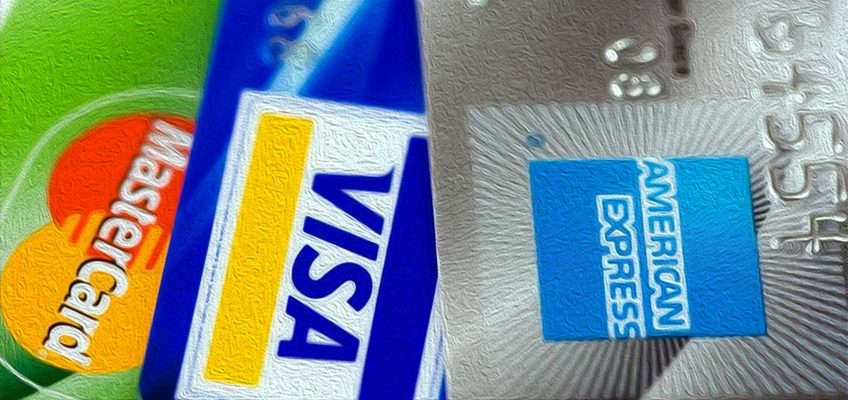If you are someone who has one or more credit cards running a balance, you may begin to wonder if there’s a better way to manage your debt. Consolidation of credit card debt will surface as a viable option to not only save money but also to make the debt more manageable.
The question then becomes whether to consolidate with a credit card or an unsecured personal loan. Is a personal loan better than credit card debt?
Ultimately, the main goal is to find a way to reduce interest to the lowest possible percentage. However, there are other considerations to keep in mind. In total, there are six factors to think about when choosing a method of consolidating credit card debt: interest rate, introductory interest rate length, payment schedule, balance transfer fees, origination fees, and your credit score.
When an Unsecured Personal Loan is the Best Choice
The better a person’s credit is, the better rates they can expect with both credit sources, yet personal loans have much lower interest rates on average than credit cards.
The first thing to consider when transferring any credit card debt is whether there are any balance transfer fees, with the credit card you’re transferring the debt to. This is a one-time fee around 3-5% of the total amount transferring.
Personal loans, on the other hand, sometimes have a loan origination fee, which “…can be as high as 6% of the loan.” If the loan doesn’t have this, the amount is generally worked into the yearly interest rate.
A personal loan becomes the preferable choice when the credit card’s 0% interest grace period is shorter than the amount of time the debtor wants to spend paying off the total amount. For instance, if the total amount of debt will take 3 years to pay off with the desired payment amount, and the grace period is only 12 months – then higher interest rate will be paid for two years. This means a personal loan would be a better option with lower interest rates overall.
Another important reason to go with a personal loan to consolidate credit card debt is because this method helps your credit score. Paying off the large credit card balances looks good on your credit score, yet when placing that large amount of debt onto another credit card, the utilization rate becomes nearly 100%. So, converting the debt to another credit card actually hurts a person’s credit score, yet when transferring the debt to a personal loan, credit scores are helped because credit bureaus don’t frown on personal loan utilization rates.
When a Credit Card is the Best Consolidation Method
There are two reasons a credit card would be the best consolidation method: the debtor pays off the debt within the 0% interest grace period, and it gives more flexibility with payment amounts.
Finding a credit card with no balance transfer fee and 0% interest for long enough to pay off the full debt amount, saves the debtor from paying any interest at all. Although their credit score will be hurt by the full utilization rate on the consolidated credit card, the money saved from avoiding interest would be a significant benefit.
The other benefit is having flexibility concerning the payment amounts. With a fixed rate personal loan, the payments would remain the same until the loan was paid in full, but with a credit card the payments could be lessened. This would be helpful if work or income changes occurred and the full payment couldn’t be made every month, yet this would mean more money would be paid in interest overall.
Personal Loan vs Credit Card: Summary
Using an unsecured personal loan to consolidate high-interest debt is the better option overall, because it helps a person’s credit and allows the debt to paid in lower monthly payments over time. If a person has excellent credit, they can get the lowest rates and likely avoid any origination fees, which is even better. If they have good credit, a personal loan would help improve their credit, as well as save them money from the credit cards’ higher interest rates.
Credit cards with a long enough 0% interest rate grace period to allow the debtor to pay off the debt completely, will save them a significant amount of money and provide flexibility in payment amounts.
Ultimately, a person has to take into consideration all the variables of their situation, in order to make the best choice for their consolidation method. Either way, both consolidation options offer great ways to save money and better manage their debt.
